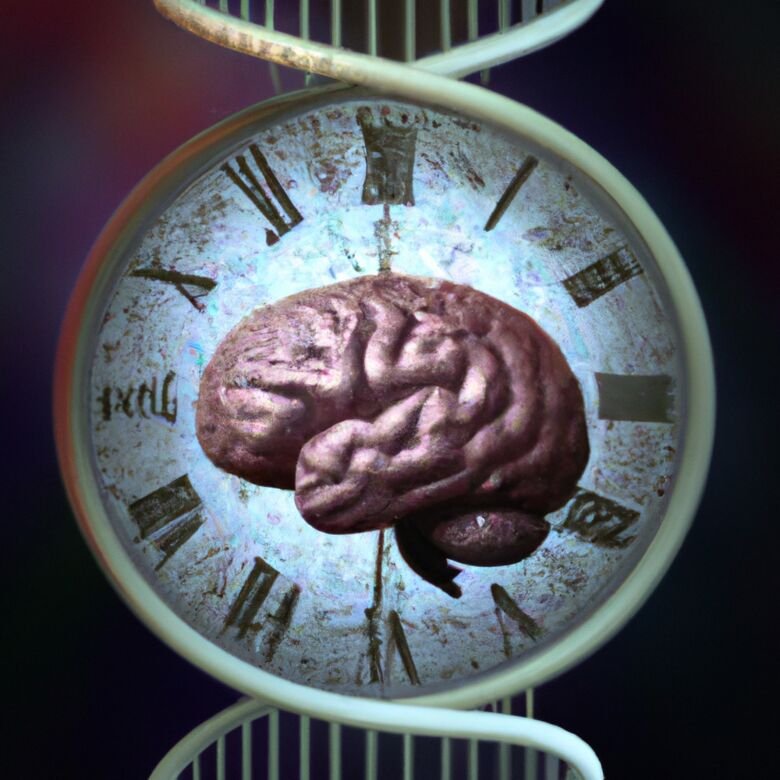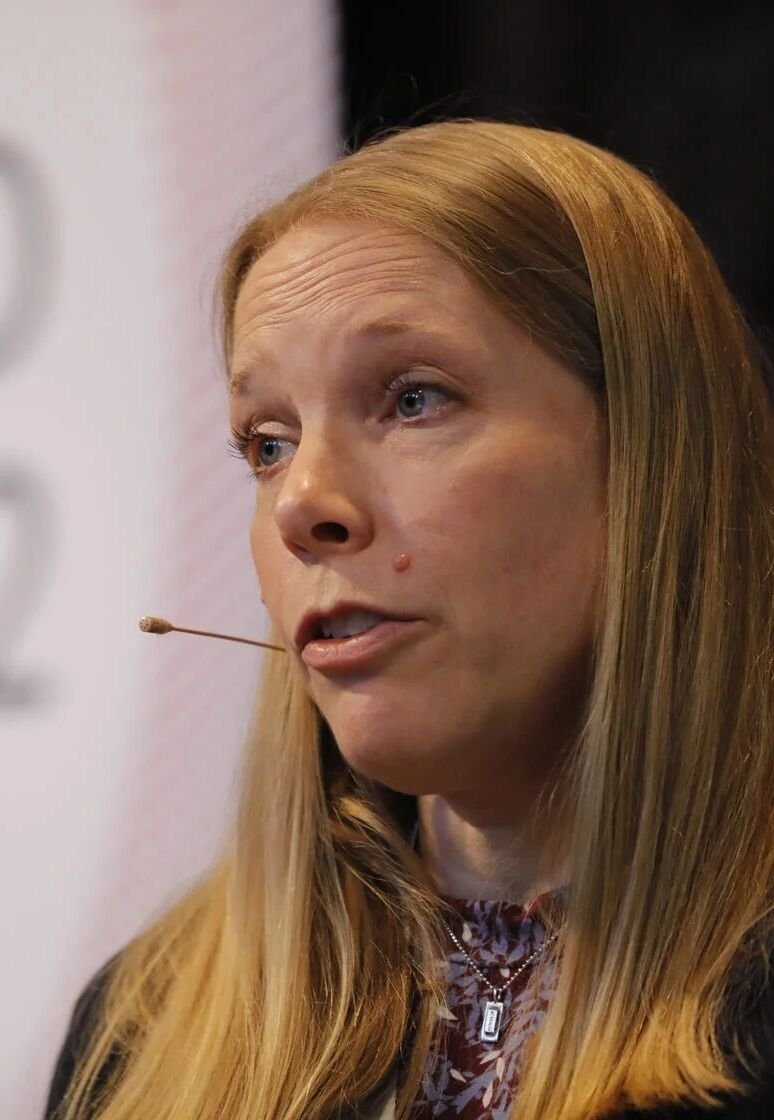Ageing more slowly protects against dementia and stroke.

Some people seem to age faster than others. Whilst “chronological age” describes the time that has passed since someone was born, “biological age” tells us how old their body appears. We can measure biological age using standard clinical data such as blood test results and blood pressure readings. Alternatively, we can measure biological age using information about DNA methylation, which are marks on our DNA that change over time.

In a new study published in Brain, researchers from Karolinska Institutet and University of Cambridge measured biological age using these two approaches for a group of 802 Swedish twins. They looked at the effect that being biologically “older” has on the risk of developing neurological disorders.
“For two people born on the same day, we found that someone who appears biologically older has a higher risk of developing a stroke or dementia”, says Chris McMurran, neurologist and post-doctoral researcher at Cambridge University. “For example, appearing 3 years older than expected increased the risk of stroke by about 30%.”

The clinical data-based approach to biological age seemed to be more important for stroke risk, whilst DNA methylation age measures were more important for dementia.
“By comparing within twin pairs, we can get some idea of how genetic versus environmental factors play into this risk”, says Sara Hägg, lecturer at the Department of Medical Epidemiology and Biostatistics. “We also find that an older biological age was associated with age-related problems in reflexes and with walking.”
These results are an important part of the puzzle in understanding the link between age and common conditions affecting our brains in later life. If we could develop interventions to target this link, it might lead to new treatments for these disabling conditions.
Publication
Advanced biological ageing predicts future risk for neurological diagnoses and clinical examination findings.
McMurran CE, Wang Y, Mak JKL, Karlsson IK, Tang B, Ploner A, Pedersen NL, Hägg S
Brain 2023 Dec;146(12):4891-4902
